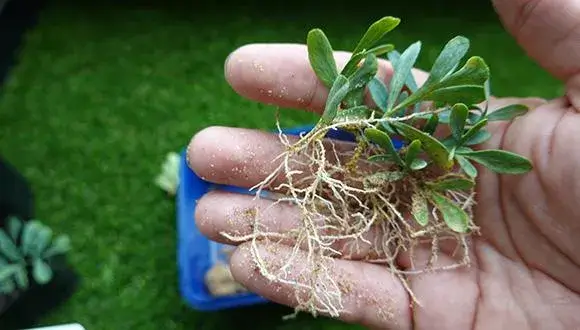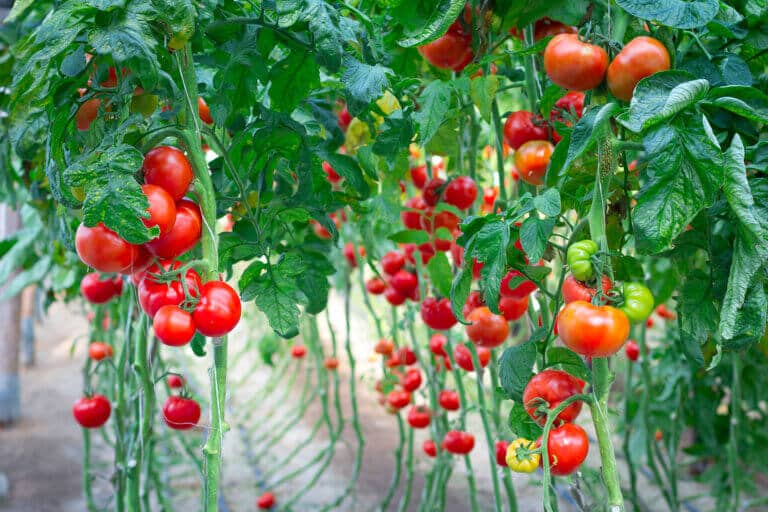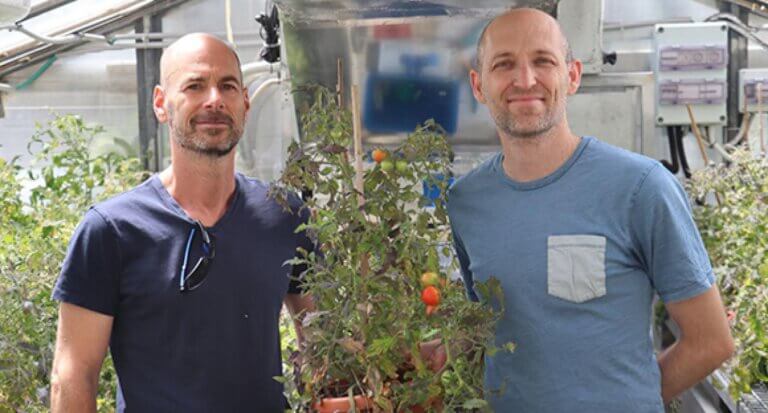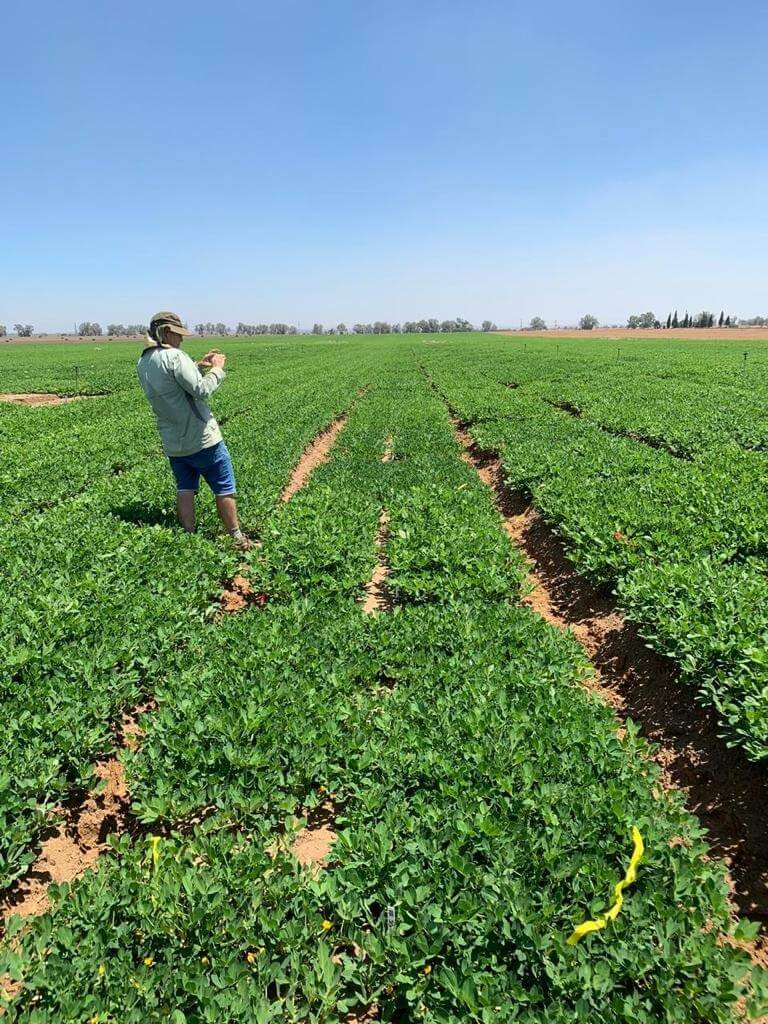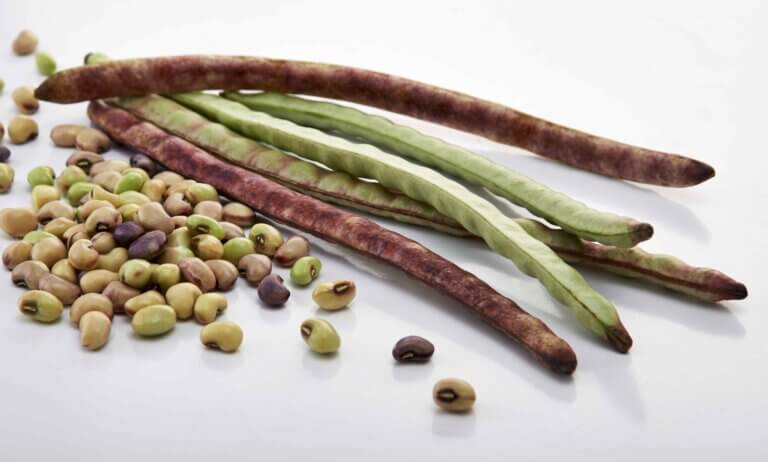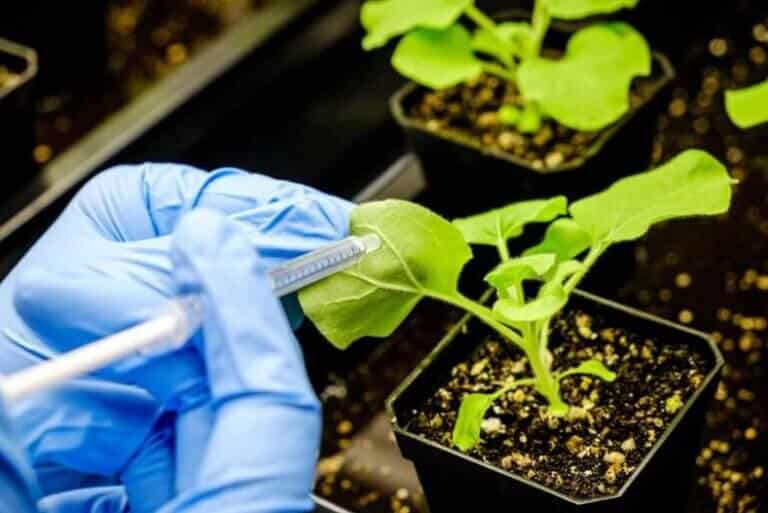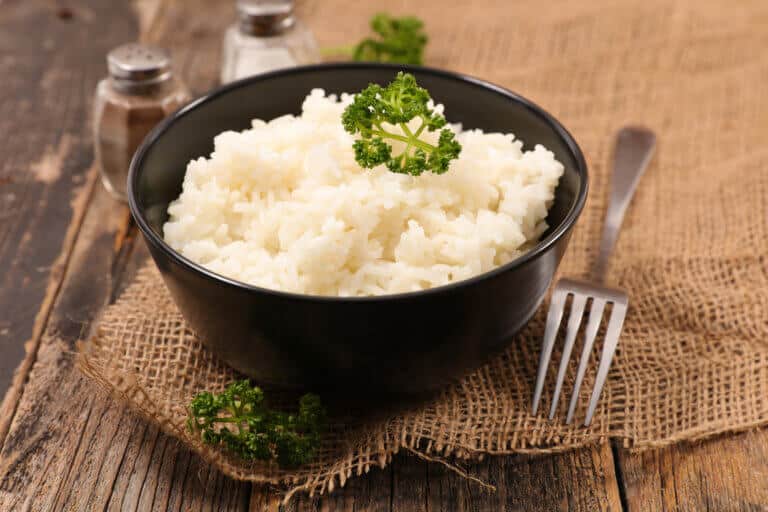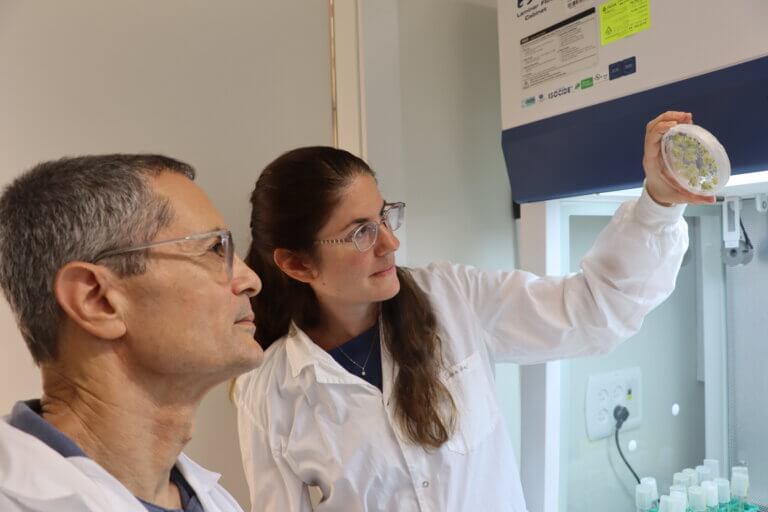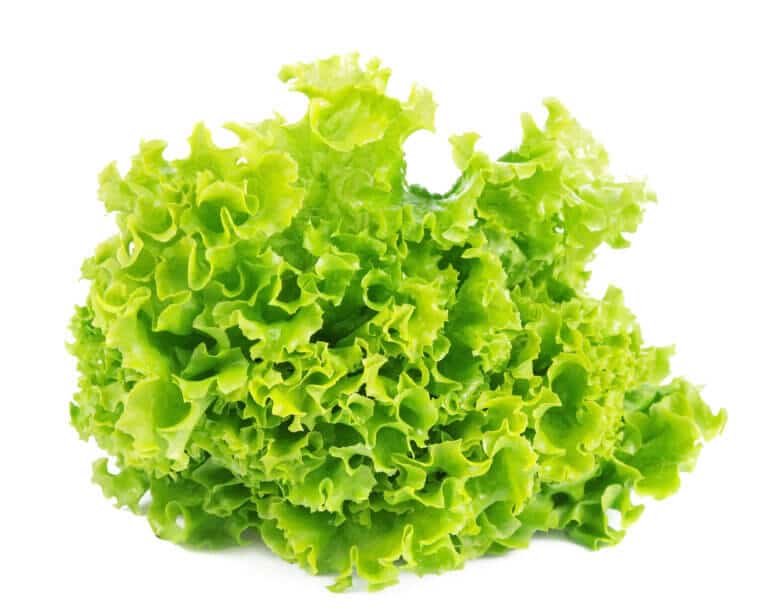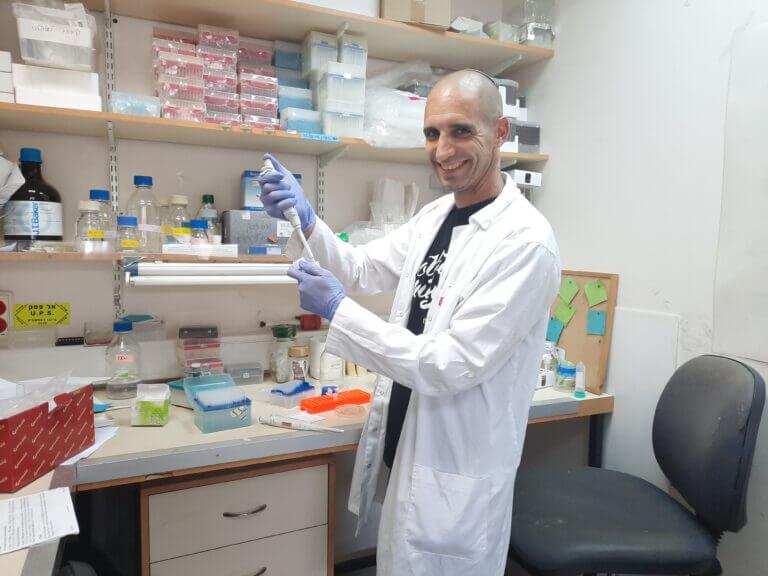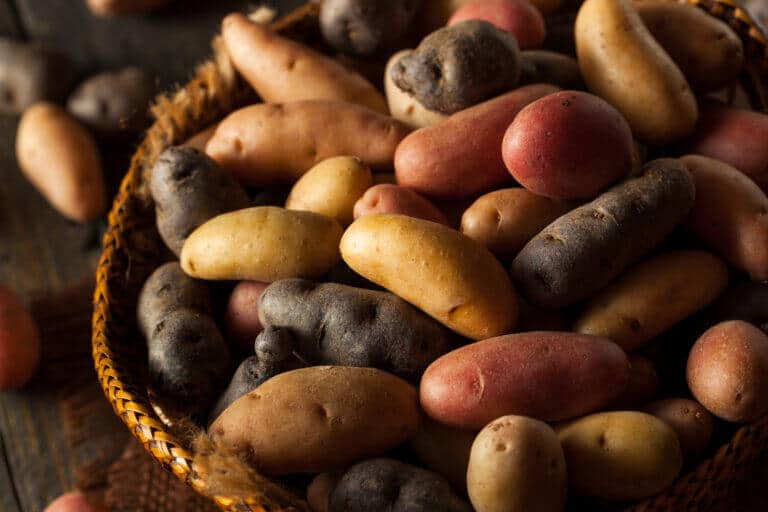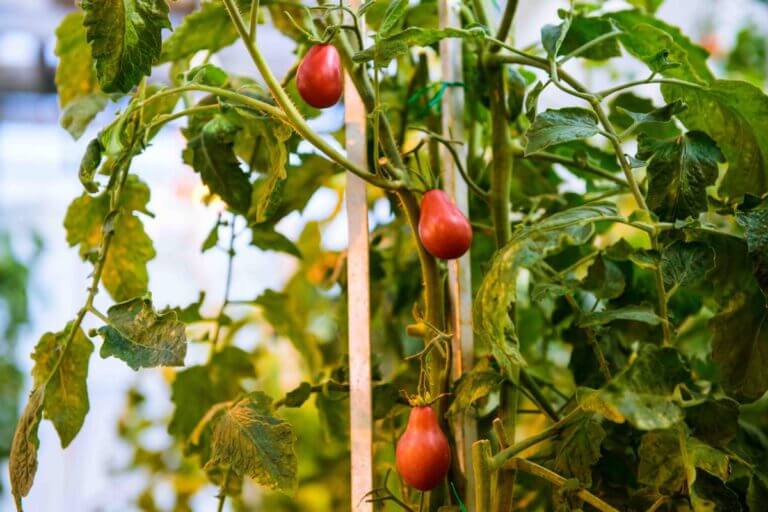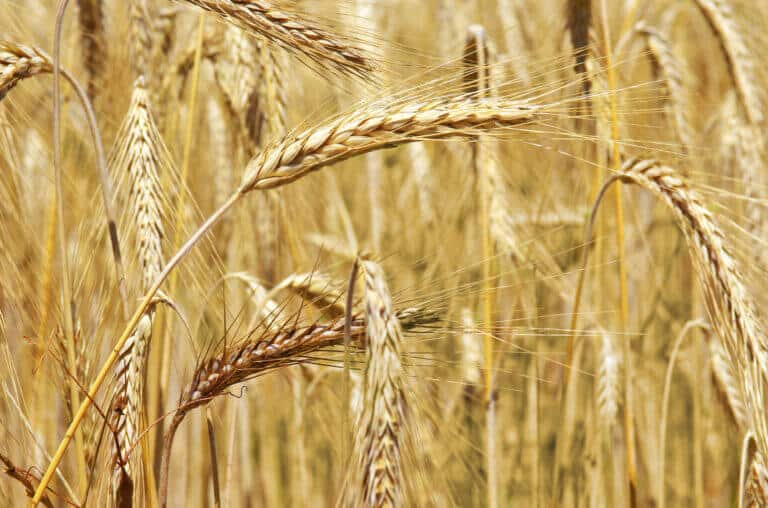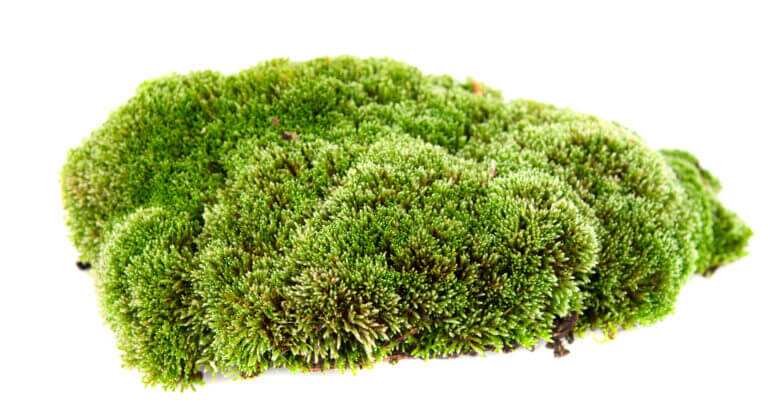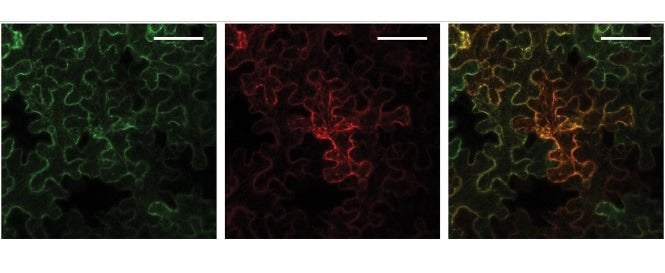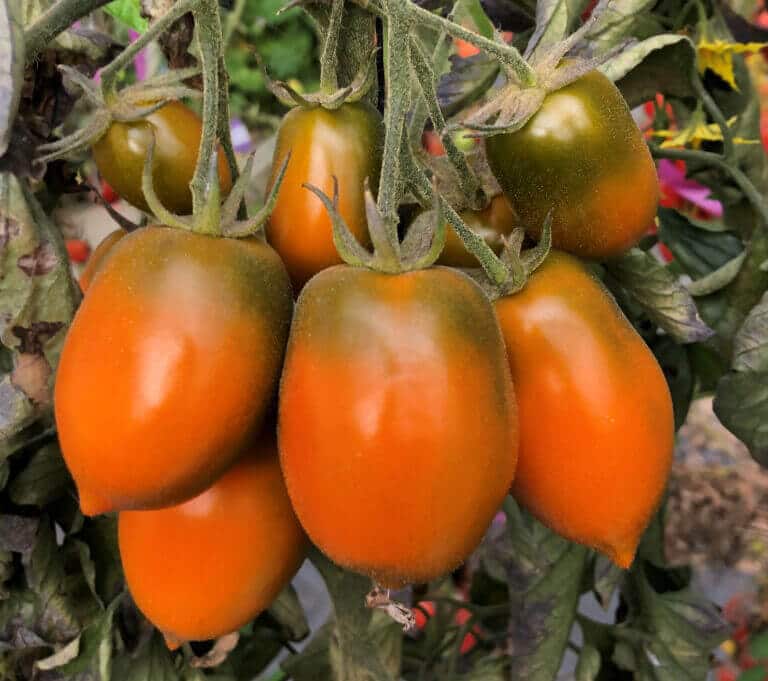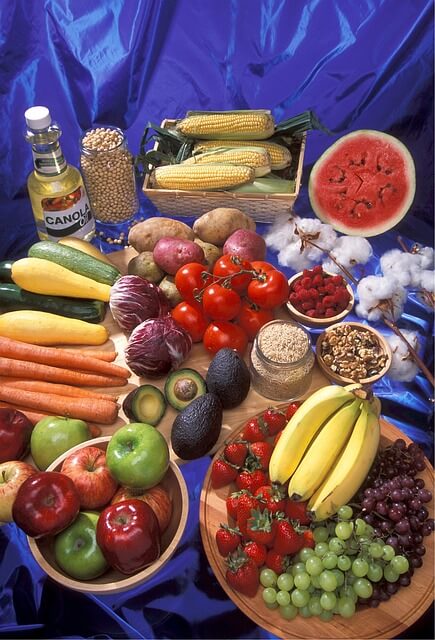Hayadan > Biology and Medicine > Genetics > Genetic engineering - plants
Genetic engineering - plants
- Dr.Roey Tsezana
- April 25, 2024
The Light Bio company has developed petunia plants that contain a lighting garden of fireflies. Will they give up the street lights?
- Tel Aviv University
- March 1, 2024
Researchers have discovered a way to significantly optimize the rooting process in the natural genetic cloning process of plants
- Tel Aviv University
- January 25, 2024
The scientific breakthrough will help increase the yield of plants in drought conditions
- Tel Aviv University
- May 28, 2023
The development is expected to revolutionize the improvement processes of agricultural crops
- Avi Blizovsky
- May 10, 2023
- No comments
The grant was given to the company for the purpose of developing agricultural crops with high oil seeds, increased absorption of carbon dioxide and drought resistance * The grant is within the EU Horizon program of the European Union, and was approved following the successful POC from the previous program launched in 2016
- Weizmann Institute
- May 6, 2023
Weizmann Institute of Science scientists revealed that a botanical relative of lettuce produces no less than 40 cannabinoids - active substances with medical potential that characterize the cannabis plant
- Avi Blizovsky
- April 28, 2023
- No comments
The cooperation of Betresides with the Volcanic Institute is also intended for the development of healthier peanut varieties, extending the shelf life at the end of the harvest and adapting them to a more efficient mechanized picking
- Avi Blizovsky
- February 7, 2023
- 4 תגובות
The Israeli genetics and seed company BetterSeeds has genetically redesigned the architecture of the Luvia plant and the uniformity of the appearance of its pods in a way that is suitable for mechanized harvesting * The improved Luvia will be tested in the United States during the spring of 2023
- Angle - a news agency for science and the environment
- December 24, 2022
Researchers from Singapore have succeeded in making the plant produce a larger amount of oil in its seeds - which may help in the fight against food insecurity in the world and make it possible to reduce deforestation for agricultural purposes. Will technology lead to a miracle?
- Dr.Roey Tsezana
- November 19, 2022
Scientists have developed a method to double the annual crop from one to two times, while improving properties in rice that can make it at least partially a perennial plant
- Avi Blizovsky
- August 18, 2022
- No comments
An international research team in collaboration with researchers from Tel Aviv University isolated from wild plants three genes for resistance to the rust fungi, which cause the most serious diseases that damage wheat crops in the world. The isolation of the genes and their transfer to wheat became possible thanks to a series of technological developments, which greatly shorten the amount of time needed to locate and isolate genes from wild plants and transfer them to cultivated plants
- The Hebrew University
- November 14, 2021
The future is already here - researchers at the Hebrew University have succeeded in genetically editing lettuce and making it particularly healthy and rich in nutritional values. Five leaves of the improved lettuce per day will provide the recommended intake of vitamin C for a person
- Dr. Moshe Nahamani
- October 20, 2021
- No comments
The British government plans to ease restrictions on gene editing in order to speed up research and allow genetically modified crops and stocks to reach the market * In any case, these are changes that could have been made in other ways, but at a much greater speed
- The science service
- June 27, 2021
- No comments
Genetic characterization of varieties is very important for farmers, because it allows choosing the right combination of planting the varieties in the orchard, to obtain a maximum yield. Characterizing varieties that are 'self-fertile', i.e. self-fertilizing (as in apricots, for example), allows planting plots with only one variety (without the need for an additional variety for fertilization - male and female) that yield a high yield, regardless of the environmental conditions at the time of fertilization, such as temperatures or bee activity such as Also saving agricultural land
- The Hebrew University
- May 12, 2021
Researchers from the Faculty of Agriculture developed biological sensors in potatoes through genetic engineering, which warn in real time about the distress of the plant
- Weizmann Institute
- May 3, 2021
- The Hebrew University
- March 21, 2021
Wild wheat, "the mother of wheat", is one of the first plants that man domesticated about ten thousand years ago. Over the years, as a result of accelerated cultivation to improve crops, many essential traits that are retained in the wild species have been displaced from modern wheat. Among the repressed traits, there are anatomical and physiological characteristics of the root system that have a dramatic effect on the water balance of the entire plant
- Tel Aviv University
- December 26, 2020
- Dr.Roey Tsezana
- December 2, 2020
- Avi Blizovsky
- October 8, 2020
- 3 תגובות
This is what Prof. Harmona Sorek from the Institute of Life Sciences at the Hebrew University says in an interview with the Scientist website, who is happy about the decision to award Emmanuel Charpentier and Jennifer Doudna the Wolf Prize last year. Now Charpentier is establishing the Max Planck Institute for Infectious Diseases in Berlin with high budgets, and is also contributing to corona research
- Dr. Moshe Nahamani
- October 7, 2020
- 5 תגובות
- Weizmann Institute
- October 3, 2020
In a new study, Weizmann Institute of Science scientists revealed the chain of biochemical reactions responsible for the production of saponins in plants, and discovered that it includes a surprising case of molecular "hijacking". The scientists even recorded an achievement in the field of synthetic biology: they restored the chain in its entirety through genetic engineering
- The Hebrew University
- July 5, 2020
- One response
- Avi Blizovsky
- January 14, 2020
- 3 תגובות
- Dr.Roey Tsezana
- February 10, 2019
- 9 תגובות


